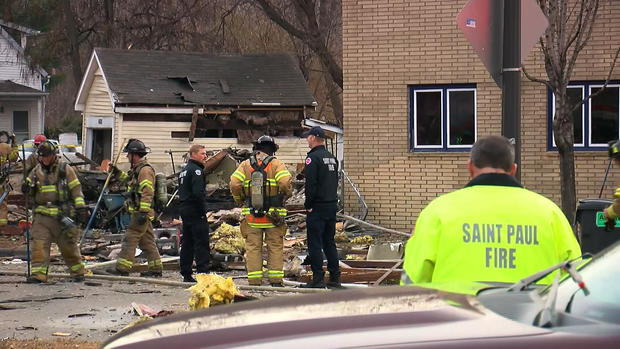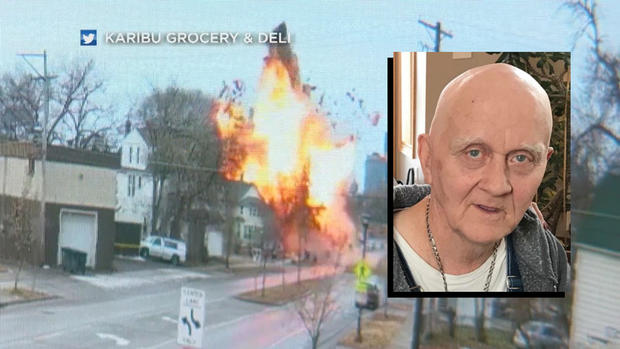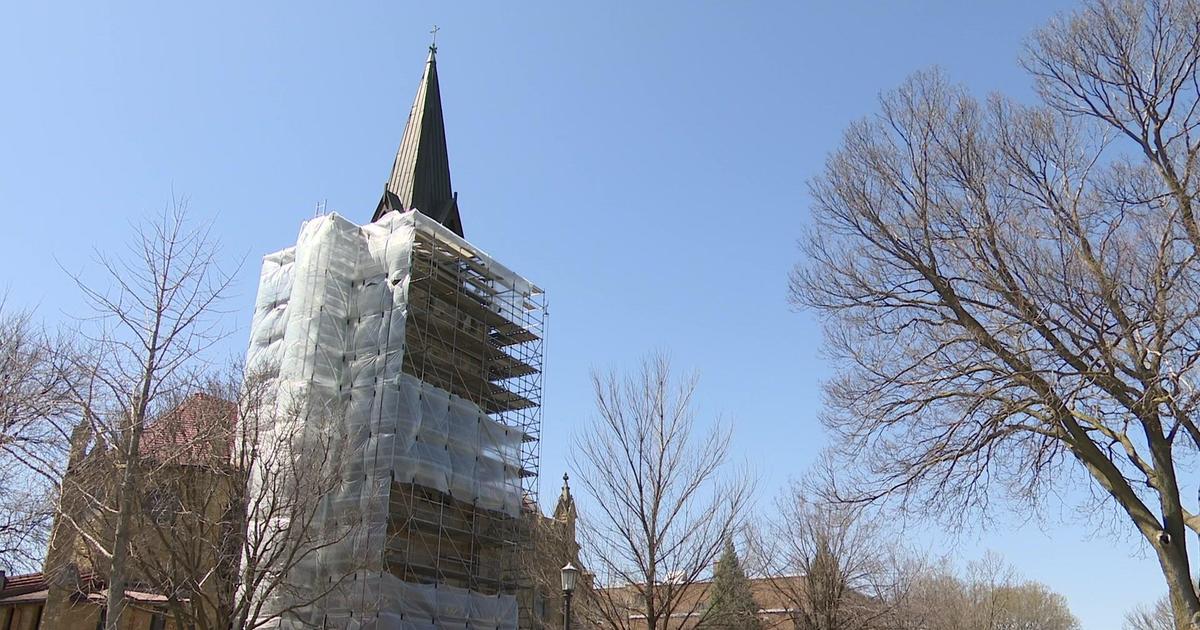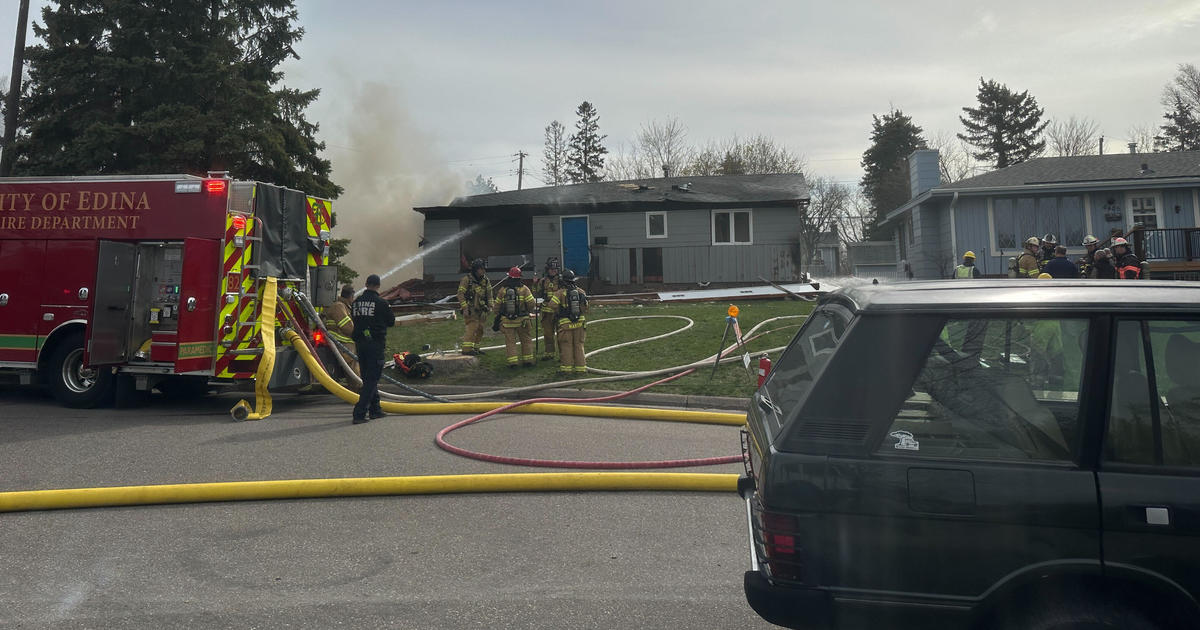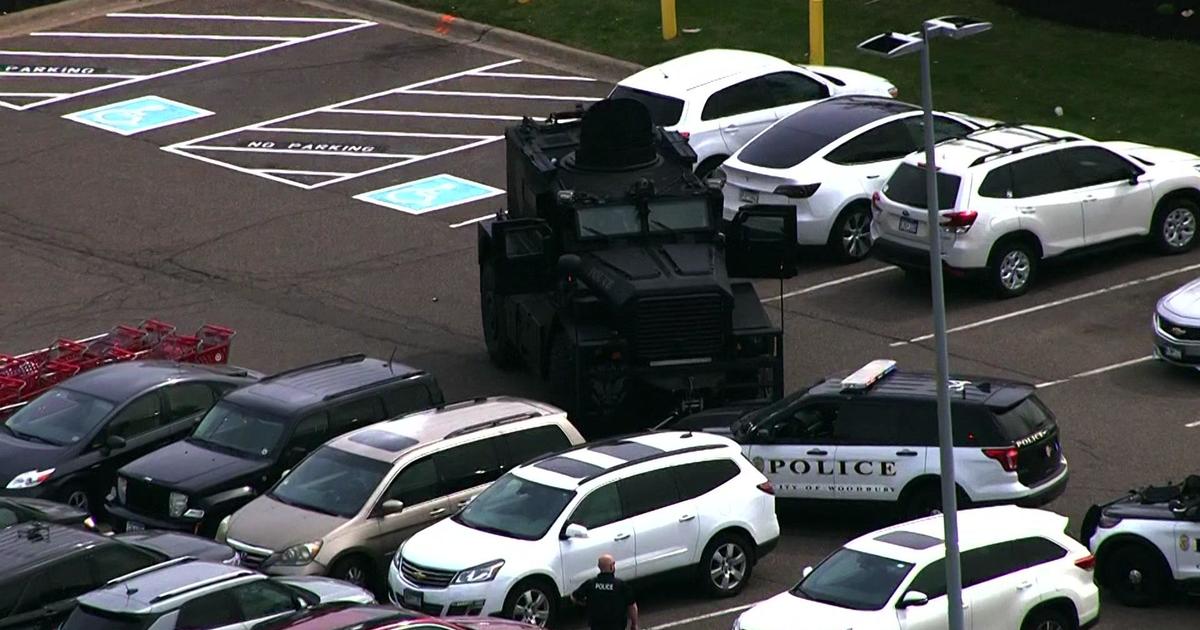Crews Determine St. Paul Home Explosion Was Accidental, Caused By Gas
MINNEAPOLIS (WCCO) -- A natural gas leak from a small valve was enough to level a Twin Cities home and kill the man living inside. On Friday, WCCO learned what caused this fiery explosion on Payne Avenue in St. Paul the day after Thanksgiving.
John Lundahl, 80, died from his injuries weeks after the blast. Fire investigators only took WCCO behind-the-scenes to see how they look for answers with so little left behind.
The force of the blast blew debris 1,000 feet away, damaging 20 properties near Payne Avenue and Edgerton Street. Six of them no longer able to be lived in.
"We have to de-layer this entire scene looking for the cause and that origin," Roy Mokosso, St. Paul Fire Deparement's Public Information Officer, said.
But it didn't take long for the focus to turn to a small corner of the house: John Lundahl's kitchen.
"You can see a fire pattern and charring over here, versus over here you don't see those things," Mokosso said.
Lundahl had his gas stove shut off years before the explosion. St. Paul Fire Department's Public Information Officer Roy Mokosso walked us through the 35-page report his team spent the last 100 days putting together, ruling what happened an accident, caused by "a natural gas leak from a fitting or valve inside" the house likely when Lundahl had his stove removed.
All of the piping outside the home passed tests by Xcel Energy and Minnesota's Office of Pipeline Safety.
"So it was determined the natural gas leak was inside the structure," Mokosso said.
Lundahl's meter readings the day before and day of the explosion were elevated. But they can't say for sure why he wouldn't have smelled gas and what would have ignited it.
"It could be anything from flipping a light switch to static electricity from walking across the carpet," Mokosso said.
Firefighters remind homeowners to take as many precautions as possible to protect themselves, hire licensed professionals to work and invest in a carbon monoxide and explosive gas alarm for $50.
RELATED: What's Underground?: WCCO Investigates What Gas Companies Aren't Telling You
"It's uncommon but to say it couldn't happen again tomorrow we couldn't rule out that possibility," Mokosso said.
Pritzker Hageman Law is representing the Lundahl family. They issued a statement on behalf of the family:
"The family believes that not all of the data they provided was fully considered. To the extent the implication is that gas plumbing performed years before the explosion contributed to the gas leak is not supported by the evidence, especially since key components were not recovered or examined. Further investigation and analysis is required to understand the cause of this tragic incident."
